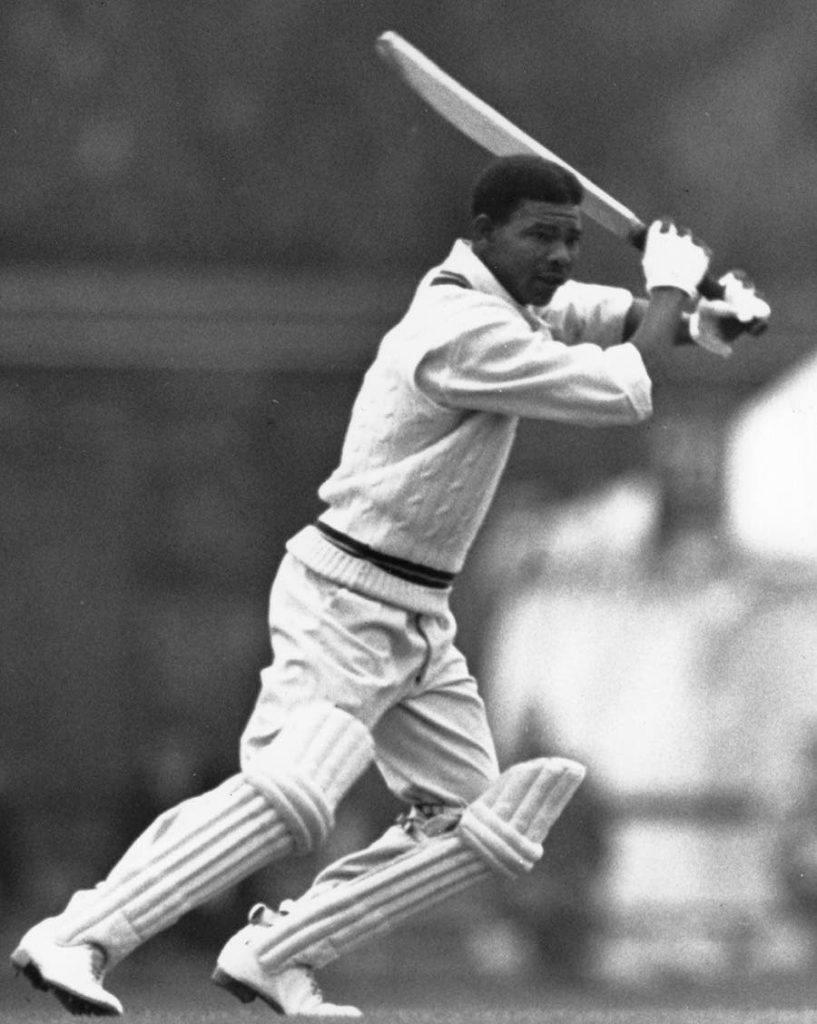Sir Everton: The Way of the Prophet

Prof Sir Hilary Beckles, Vice-Chancellor, UWI
IN 1951, the global cricket fraternity expressed its peer appreciation for Sir Everton Weekes and designated him the best batsman in the game. In this selection and elevation he became the first Barbadian to be classified and celebrated as number one in the world in an approved and respected endeavour.
This was a seismic, seminal moment. Barbados, not yet a nation-state, and under colonial oppression, had received its first international endorsement as a place that produced performance excellence. The island entered the annals of international popular culture as a society that gave life and nurture to a native recognised as a special gift to humanity.
Three hundred years prior, Barbados was chosen by English enslavers as the site of the first global slave system. The society, according to the wisdom of Wisden, was finally beginning to unshackle its inhabitants from the old plantation scaffold. The heritage of the island was being turned upon its head and the demand for democracy seemed volcanic.
Weekes was more than a Wisden’s choice. He was the metaphor that defined the eruption. He rose from the worst that humanity and Barbados had to offer and established himself and his country as a class above the cruelty of history. He became a champion for redemption with dignity.
Recognising that Sir Everton existed in a global class of his own was also to realise that he was the output imagined in the island’s political strategic plan. He was proof that the vision was attached to reality, and that his country was batting on the right wicket. The masses that followed Clement Payne in rejecting colonialism in preference for democracy had produced an icon that represented their dream for future generations.
In the inner city of Bridgetown this recognition knew no boundary. In the four corners of the planet Everton was hailed a hero, an artist, a humanitarian, and the expression of goodness within greatness.
Representing his country in the 1940s, a time when the masses were politically disenfranchised, the burden of batting for the cause was burnished into his soul. His bat was the map for the road ahead leading to democratic liberation. He took the captaincy of his country before the nation was created and faced the ferocious resentment from an element born with the entitlement of Empire. His rise to leadership was a victory for communities below that were pushing to open all doors to the poor. The success driven by his genius was the key to the confidence required to ensure the rise of the nation. His performance displaced selectors’ resistance and signalled liberation from colonial imprisonment. It was the beginning of the regional recognition that the power of merit would transcend the machination of money. He was the symbol of the revolution that made the nation possible and sustainable.
He was also the product that paved the way for the fantastic flood of greatness that found expression in the creation of Sir Gary, Sir Wes, and all the other bearers of the truth that a people can be enchained and disenfranchised, but their intellect and eternal inner sovereignty can never be driven from the fertile soil of their souls.
Here was a brother whose spirit could not be broken. Here was a majestic man who withstood the pressures of the parochial to claim the victory of the global. Here was a human with the generosity of a gentleman who knew that he was sent with a message which said, “behind me there are many others and I am here to pave the way.”
The absence of hubris from any aspect of his living and legacy tells a narrative so pure as to invoke images of humanity at its finest, from subtle wit to the firm grip on the handles of principles not to be breached, but played with a straight bat. On and off the field, the display of dapper deportment spoke to a mind made up that elegance and eloquence should define the art of living.
There is no greater gift a man can give his mentees than that of the highest standards.
Sir Everton was eternal in his teachings. Our society was enlarged by his giving and seemed sophisticated with his presence. Cricket was his profession and art ordered his contribution as a citizen.
The demonstration of gentleness and humility at the intersection of brilliance and greatness was the proof of his art, not as a craft, but as a way of being. His gentle manner remained a mystery to many who observed his moments and movements.
He was my friend whom I failed to fathom; possessed of too complicated a consciousness honed by a history and domesticity that produced perfection of form and performance. He gave more than anyone could imagine. It came from a complex interior that only the discipline of a sage could yield for display on the public stage of life.
Now, with his departure to another realm, we offer in return a celebration in recognition that a prophet passed here to show us the way.

Comments
"Sir Everton: The Way of the Prophet"